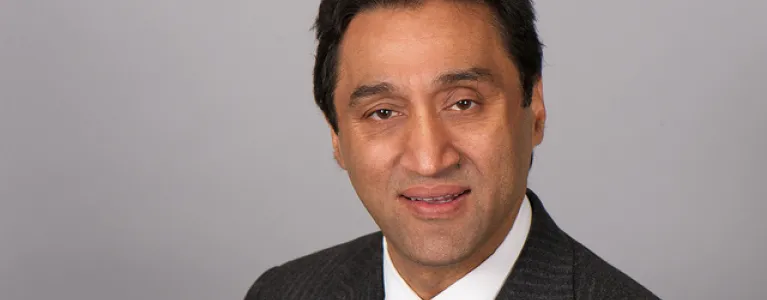
Hillingdon Clinical Commissioning Group (CCG) was awarded one of the lowest scores in the country for its youth mental health services in the build up to the pandemic, new data shows. Local London Assembly Member, Dr Onkar Sahota AM, said the long-term impact of childhood mental ill health meant “early intervention isn’t just desirable, it’s crucial,” and urged CCGs and the Government to support services to get up to scratch. This comes as the Children’s Commissioner, Anne Longfield OBE, used her departure speech this week to suggest that the Government was out of touch and has showed “institutional bias” against children.
As part of the recently published ‘State of Children’s Mental Health Services’ report by the Children’s Commissioner, Hillingdon CCG was given a score of 13 out of 25 on the basis on five key indicators. These indicators include the percentage of the CCG’s budget spent on children and young people’s mental health, mental health spend per child, the percentage of children and young people in contact with mental services, the average waiting time for services, and the percentage of mental referrals closed before treatment.
CCG performance across the capital is patchy. Barking and Dagenham CCG was awarded a score of 22, putting its children’s and young people’s mental health services amongst the top ten in the country. At the other end of the scale was Richmond CCG which received a score of 9.
Data from the Children’s Commissioner’s report shows that between April 2019 and March 2020, children and young people in Hillingdon had to wait an average of 46 days after their initial mental health referral to access a follow-up appointment.
Dr Sahota is raising concerns that the impact of the pandemic, including overcrowded living conditions during lockdown and school closures, will have driven up demand for already underperforming mental health services.
The latest Government data shows that at of the end of September 2020, 577 children in Hillingdon were stuck in temporary accommodation.
Dr Sahota is now echoing the Children’s Commissioner’s calls for the Government to expand and speed up the rollout of Mental Health Support Teams to facilitate joint working between schools and the NHS.
According to NHS figures, nationally, there has been a 30% reduction in the number of school nurses, over the last decade.
Local London Assembly Member, Dr Onkar Sahota AM, said:
“We risk seriously letting young people down unless we give these services the support they need to get up to scratch.
“Lockdown and school closures have clearly taken their toll on many children, especially those in stuck in cramped and overcrowded homes, temporary accommodation or abusive households.
“I want to see every young person in our borough able to access help when they need it, from services properly resourced by both CCGs and Central Government.
“I agree with the Children’s Commissioner that schools should be backed to have a bigger role to play when it comes to early intervention, but this is completely dependent on the Government giving our overstretched schools the funding and support to do so.
“The ramifications of childhood mental ill health can be long lasting and devastating, so investment in early intervention isn’t just desirable, it’s crucial. I want to see the Government recognise that and scale-up mental health support for children and young people”.
Notes to editors
- As part of the recently published ‘State of Children’s Mental Health Services’ report by the Children’s Commissioner, Hillingdon CCG was given a score of 13 on the basis on five key indicators. These indicators include the percentage of the CCG’s budget spent on children and young people’s mental health, mental health spend per child, the percentage of children and young people in contact with mental services, the average wait time for services, and the percentage of mental referrals closed before treatment;
- A transcript of the Children’s Commissioner, Anne Longfield’s, final speech made on 17th February can be found here;
- Data from the Children’s Commissioner’s report shows that between April 2019 and March 2020, children and young people in Hillingdon had to wait an average of 46 days after their initial mental referral to access a follow-up appointment;
- According to the latest Government data, there were 577 children in temporary accommodation as of September 2020;
- NHS figures show that in October 2010, there were 2,937 nurses in schools across England. In October 2020, there were 2,038, marking a 30% reduction;
- Dr Onkar Sahota AM is the London Assembly Member for Ealing and Hillingdon.